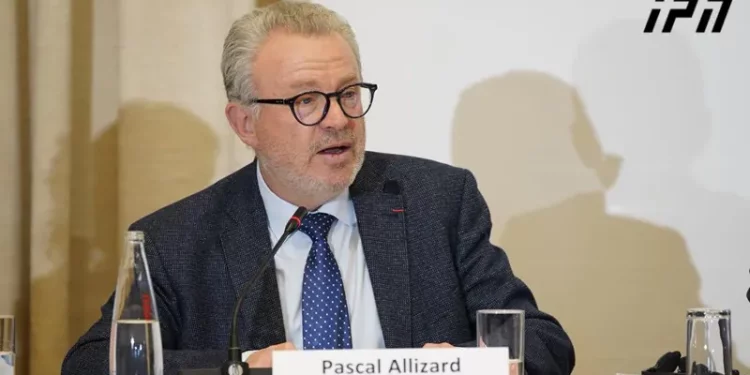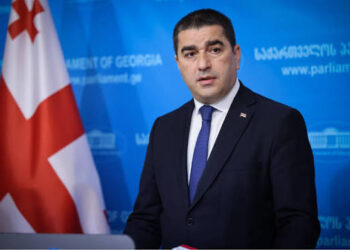At a press conference in Tbilisi on Sunday, Pascal Allizard, a French senator and special coordinator for the Organization for Security and Cooperation in Europe (OSCE), said that vote buying and “imbalances in financial resources, a divisive campaign atmosphere and recent legislative amendments were of significant concern throughout this election process.”
When voter registration was carried out on the day of voting, it raised doubts about how some voters could cast their vote without intimidation and fear of retaliation, OSCE Special Coordinator said.
In addition, as he explains, the preparations for voting and elections were well administered.
“Our joint assessment of the election process is based on the assessment obtained as a result of the observation on the day of the voting, which is accompanied by the results of the long-term and qualitative monitoring carried out by ODIHR.
“I would like to present to you the conclusions and findings as a result of our joint international observation mission. Our full application will be available to everyone. While the parliamentary elections on 26 October provided voters with a wide range of choices, with 18 candidates on the list, as well as polarization and an environment heavily influenced by recent legislation, it should also be noted that candidates were generally able to campaign freely, however, the campaign’s rhetoric and imagery were generally very divisive. In particular, there was pressure on voters, civil servants and people employed in the public sector, and this was widespread during the campaign. When voter registration was done on polling day, it raised doubts about how some voters could vote without intimidation and fear of reprisals.
As for the legal framework, it provided an adequate basis for democratic elections, but frequent and recent changes do raise doubts about the use of this legislation for political survival. As far as voting and election preparations are concerning, it was well administered. It should be noted here that voters were actively informed about the use of new technologies. It should be noted that the significant imbalance in terms of financial resources and the dominance of the party in power already created an uneven space for action. The polarized media environment as well as the instrumentalization of private media outlets for political propaganda affected unbiased coverage, hindering voters’ ability to make informed choices. The effectiveness of campaign finance oversight was undermined by limited enforcement, and there were still suspicions of political instrumentalization of the oversight body and doubts about its impartiality. The underrepresentation of women in party lists and campaigns shows that more action is needed to more adequately involve women in political life,” said Pascal Allizard.
The joint OSCE, European Parliament, Parliamentary Assembly of the Council of Europe and the NATO Parliamentary Assembly mission deployed around 500 monitors across the country.
Image: IPN














